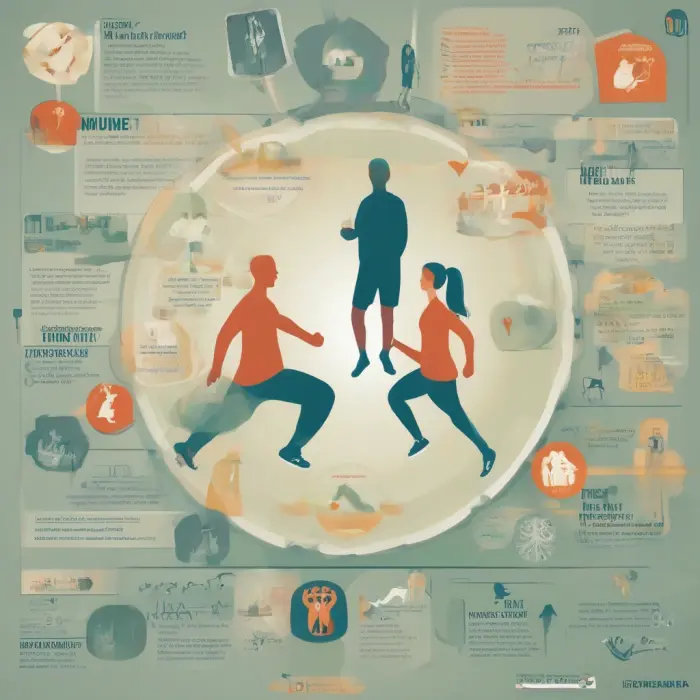Mindfulness Techniques for Anxiety Relief
Mindfulness is a mental state achieved by focusing on one's awareness on the present moment, while calmly acknowledging and accepting feelings, thoughts, and bodily sensations. It's an invaluable tool for reducing anxiety and stress. A growing body of research demonstrates that mindfulness reduces rumination, mitigates negative reactivity, enhances cognitive flexibility, and boosts self-insight. Here are some straightforward mindfulness techniques you can use to aid in alleviating anxiety.
1. Mindful Breathing
Mindful breathing is an easy way to reduce anxiety. Paying attention to your breath is a big part of practicing mindfulness. The idea is to focus on your breath as it goes in and out. Notice the sensation of your breath as it enters and leaves your nostrils. Feel the belly rise and fall with each breath.
2. Body Scan
A body scan is about paying attention to each section of the body. Start from the top of your head and work down to your toes. As you focus on each part, pay attention to any sensations, discomfort, or relaxation you might be feeling. Try to avoid judging or analyzing these feelings; just note them and move on.
3. Progressive Muscle Relaxation
Progressive muscle relaxation is a mindfulness technique often used to reduce feelings of anxiety and stress. It involves tensing and then relaxing one muscle group at a time, often starting from the feet and working your way up to the head.
4. Mindful Observation
Mindful observation involves selecting a natural object in your visual field and simply focusing on watching it for as long as you can. This could be a flower, an insect, or the moon. Watch the item as if you are seeing it for the first time, exploring every aspect of its formation, and allowing yourself to be consumed by its presence.
5. Savouring
This technique involves focusing your attention on a single thing that you find pleasurable. It could be savoring a bite of food, the sensation of a soft fabric, or the spritz of your favorite fragrance. Note the feelings you experience and try to extend your moments of appreciation.
Mindfulness takes practice, but over time, it can reduce anxiety and make you feel more connected to yourself and the world around you. Next time you find yourself feeling overwhelmed, try out these mindfulness exercises. You may be surprised by how much they help. Remember, mindfulness isn't about getting rid of all your anxiety but learning to manage it more effectively.
Seeking Professional Help
If your anxiety feels overwhelming, talking to a mental health professional can be incredibly helpful. They can provide you with practical skills to manage anxiety and offer strategies for staying present and focused during distressing times. Remember, it's okay to seek help - nobody should have to manage anxiety on their own.










